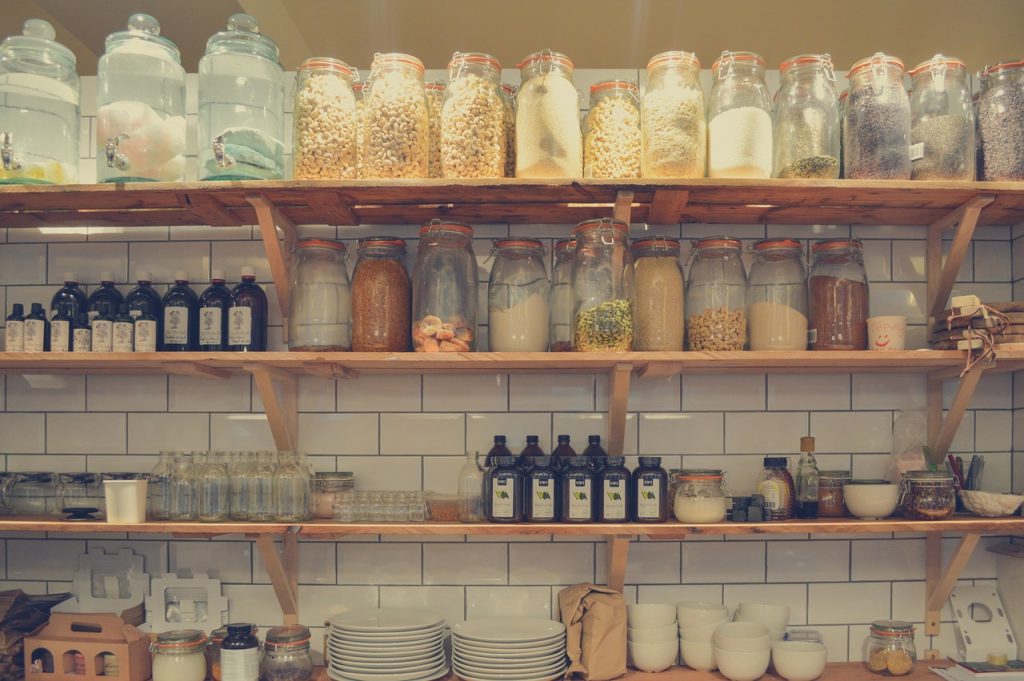This week has been Zero Waste Week!
If you’ve been following our vlogs, you might have seen one or two tips about how to reduce your waste already. Zero Waste Week sets you the challenge of living without waste for a week, something that many people do all year around.
The reason that it’s so important that we be mindful of the amount of waste that we’re creating, is because it has a huge impact on the environment, both in terms of CO2e emissions and the earth’s ecosystems.
Every year, the world creates 2.12 billion tonnes of waste globally, 1.3 billion tonnes of which is food waste. A shocking 99% of the things we buy will end up as trash within just 6 months of us purchasing it and global waste is expected to triple by the end of the century. All the food that we waste generates 3.3 billion tonnes CO2e every year, yet just a quarter of that food could feed every undernourished person in the world.
Those numbers are daunting, but thankfully there are a few changes that you can make in your life that will reduce your contribution to them.
At the Shop
When you’re shopping, avoid buying items in unnecessary packaging, particularly fruit and vegetables. If you do need to purchase packaging it’s always best to opt for cardboard and tins, and avoid soft plastics as these are less likely to be recyclable than hard plastics.
If you make sure you take a list with you to the shops, you’re much less likely to buy things you don’t need and end up wasting food. Eating leftovers for lunches is a great way to avoid throwing things in the bin. You can also compost your food waste, even if you don’t have a garden, just check out our video to find out how.
It’s worth baring in mind, that what your food is and how it is produced has a much bigger impact on the environment than how far it has come. Roughly 80% of the carbon footprint of your meal comes from it’s production and just 10% comes from transportation. Animal products have much higher CO2e emissions than plant-based foods do. When the average diets of meat-eaters, vegetarians and vegans were compared, vegans had a much smaller carbon ‘foodprint’.
In the Kitchen
You can even reduce your waste when you’re cleaning! Investing in reusable items (such as cloths and sponges) instead of one use items (such as kitchen roll and wipes) is much more environmentally friendly. Additionally you can make your own cleaning products, such as washing detergent and all-purpose cleaner.
In the Bathroom
Making changes to your daily routine can have a huge impact on the amount of waste you use. Buying make-up from enviro-conscious stores like LUSH, where you can recycle or return all their containers, or ensuring not to use single-use wipes will make a real difference. If you have periods, investing in a menstrual cup as opposed to using sanitary towels or tampons will reduce your waste hugely.
Zero Waste may seem like an impossible feat at first, but there are plenty of small changes that you can make in your life that will make a difference.


